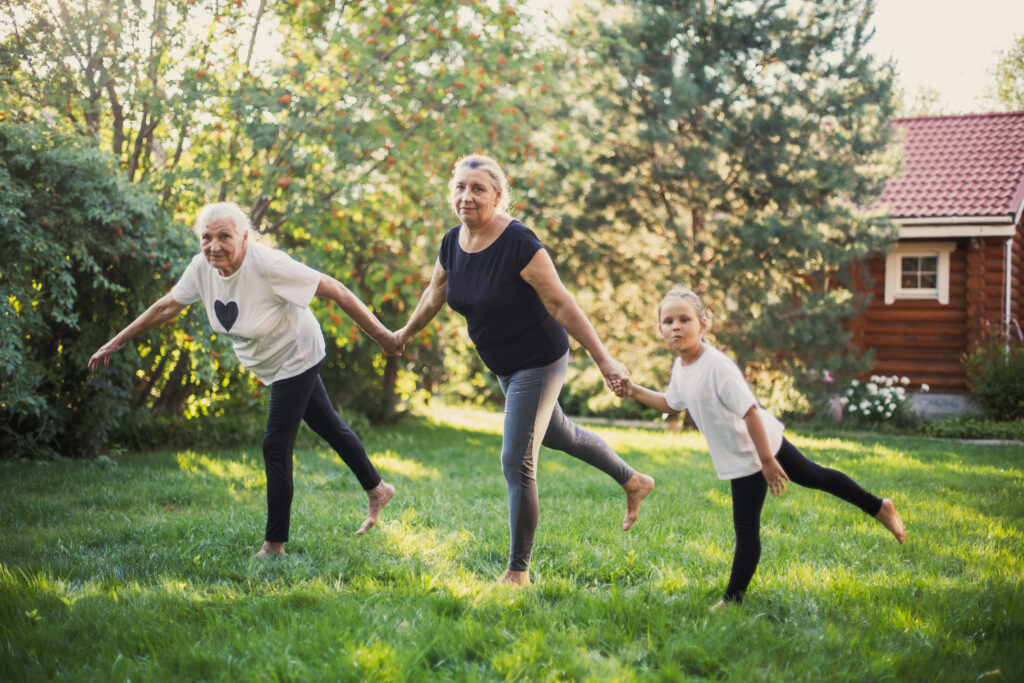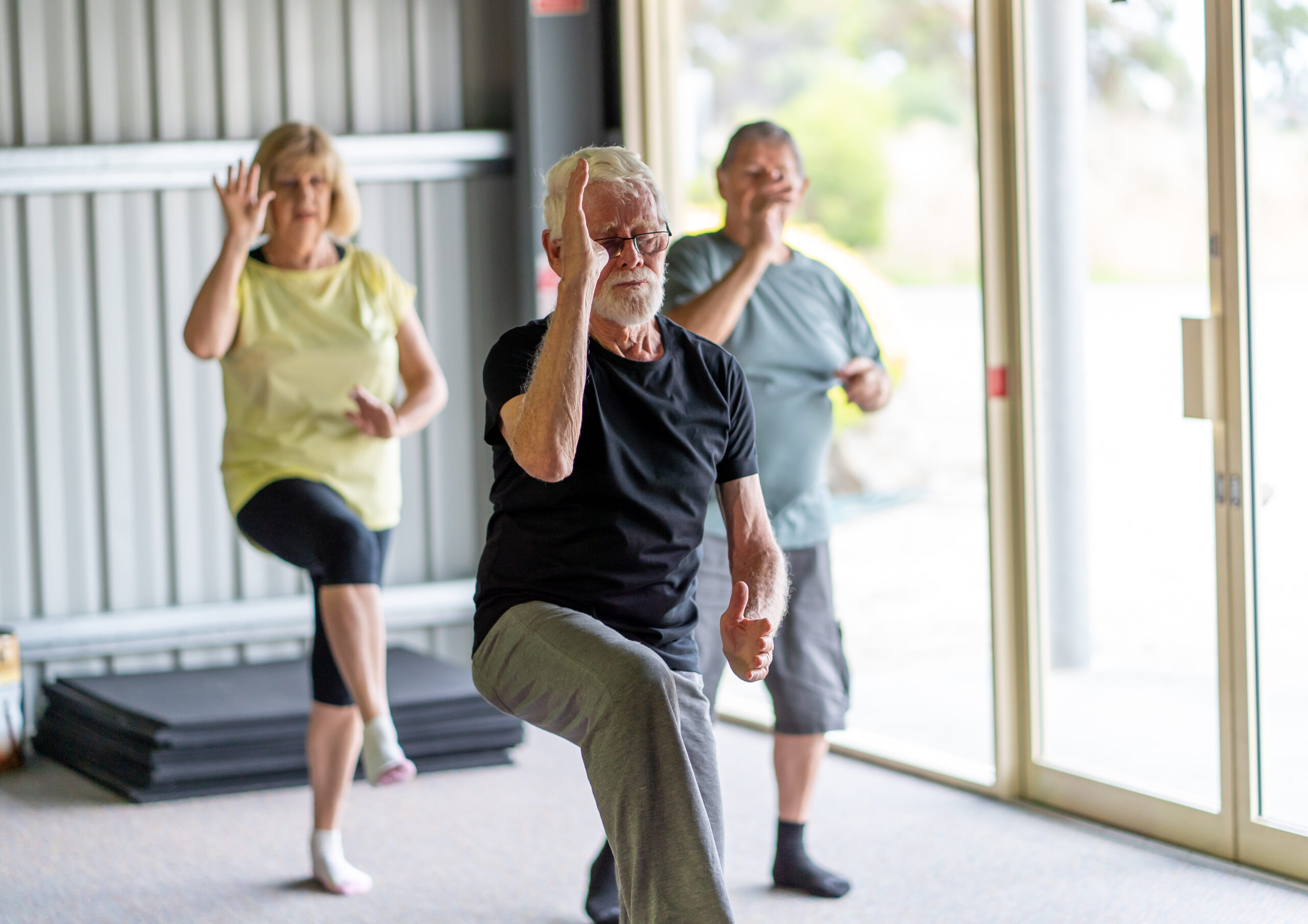How is your balance? Can you stand on one leg for 10-seconds? Do you feel steady on your feet? Are you able to walk in a straight line? Any recent falls? The results of a 12-year Brazilian balance study, published in the British Journal of Sports Medicine, found difficulties with balance portend increasing frailty and decreased longevity. Problems are not relegated to the elderly, they can start in mid-life, but they do significantly increase with age. Vision loss, physical injuries and medical conditions can exacerbate the issue.
The 1,700 participants in the study, ages 52 to 75, were asked to take the 10-second balance test by standing on one leg (the other leg resting on the back of the standing leg), with both arms at their sides while looking straight ahead. They got three attempts to complete the task successfully. More than 20% failed.
In the final eye-opening assessment, scientists estimated that those unable to pass the balance test faced an 84% increased risk of death over the next 7 years. The bottom line is it all comes down to falls, which is the second leading cause of death by unintentional injury. Those able to complete the test had a much lower risk of falling.

Improve Balance at Any Age
The test is a powerful indicator and wake-up call, but certainly by no means an exact science. Balance issues can be related to many underlying causes, and researchers hope the Balance Study will inform and inspire more physicians to include the 10-second test in annual physicals. But don’t wait for that, if you are feeling off balance, talk to your physician, or physical therapist, without delay. Isolating and reducing physical activity will only make matters worse. Incorporate balance work into every day (whether you pass the test or not). Do strength training. Practice Tai Chi, yoga or balance exercises. Dance or do aerobics. Get started now with a selection of the exercises linked below from the experts at Very Well Fit.







